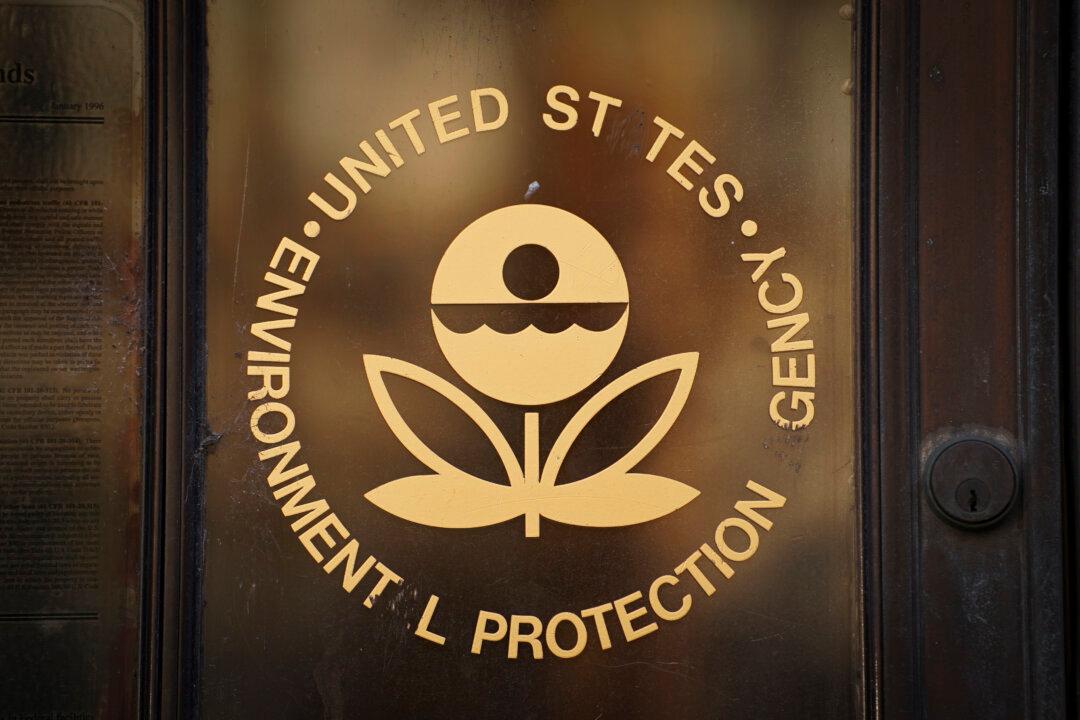An internal Environmental Protection Agency (EPA) watchdog has found that top officials wrongfully retaliated against three staff scientists who disagreed about the handling of risk assessment procedures for new chemicals.
It’s also alleged that risk assessments were altered, despite objections from the scientists, to approve the new chemicals for use within a “ridiculous” 90-day statutory deadline.





